Logistics added to industries eligible for E-9 visas
By Son Ji-hyoungPublished : Sept. 1, 2023 - 14:02
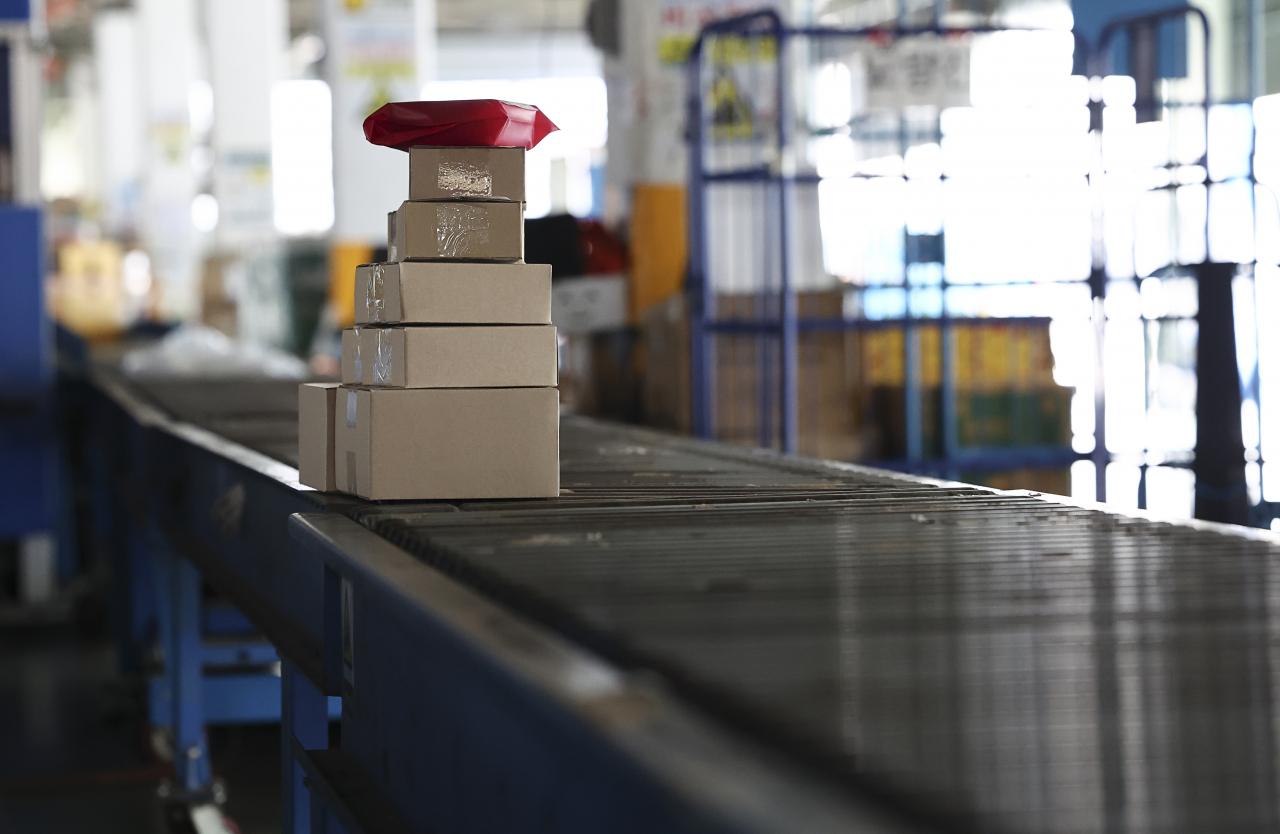
South Korea approved Friday plans to allow logistics companies here to sponsor E-9 visas for foreign workers amid what it called a "chronic labor shortage."
Currently, employers in manufacturing, construction and farming can recruit worker from 16 countries in Southeast Asia and Central Asia to work on E-9 visas.
But the plan, confirmed Friday at the Foreign Workers Policy Committee at the Government Complex Seoul, will open the doors for logistics companies and airport subcontractors to hire them, too.
The eased regulation, however, will be limited to basic manual jobs and will not permit them to work as delivery drivers. Such plans were proposed on Aug. 24 during the public-private joint regulatory innovation strategy meeting presided over by President Yoon Suk Yeol.
Bang Ki-sun, minister of the Office for Government Policy Coordination, said in the pangovernmental meeting the new move was critical to addressing the industrywide worker shortage, adding the government should "maintain a close watch over the procedure" to make sure the policy takes root.
With Friday's announcement, the first such workers will be eligible to start in as early as this year. It normally takes a few months to certify applications from companies who want to hire foreign laborers, and to find suitable workers, according to an official at the Labor Ministry.
The official added it would begin accepting applications from logistics companies next week.
The same deregulation was applied earlier to H-2 visas -- on which ethnic Koreans from 11 countries including China can work in manual jobs -- but the measure was not enough to address the growing hiring demand, the official said.
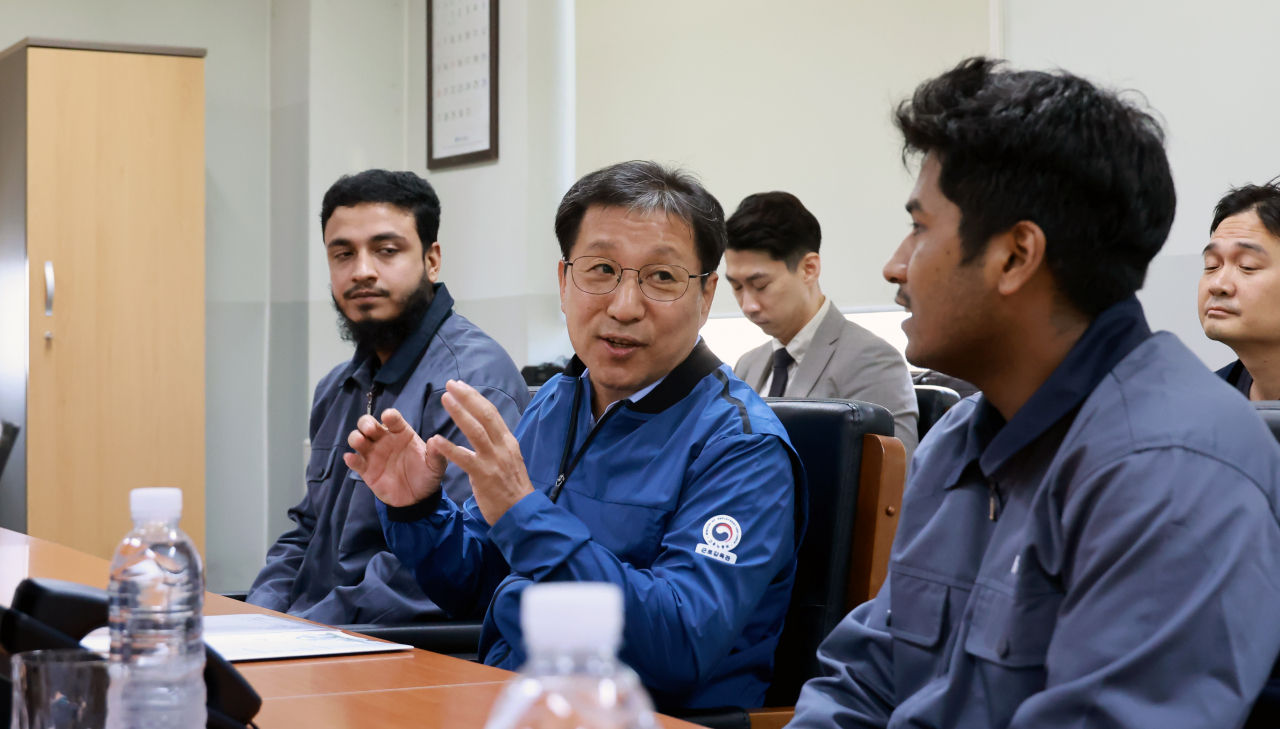
Meanwhile, manufacturing businesses outside the Greater Seoul area with 300 employees or more will now be able to hire workers on E-9 visas. Previously, only manufacturers with less than 300 employees and 8 billion won ($6 million) in capital were eligible.
The government also approved plans to increase the quota for E-9 visa holders by 10,000 to 120,000 by the end of this year. This means the quota for 2023 will be more than double what it was in 2020 and 2021.
The maximum E-9 quota per company will also double to 80.
In tandem, quotas for E-7-4 visas, which give E-9 visa holders more flexibility in choosing a workplace and allow them to stay in Korea indefinitely, will expand sevenfold to 35,000, according to the plan approved Friday.





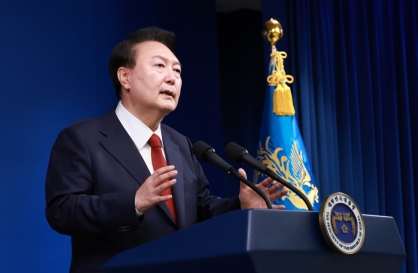



![[K-pop’s dilemma] Time, profit pressures work against originality](http://res.heraldm.com/phpwas/restmb_idxmake.php?idx=644&simg=/content/image/2024/05/08/20240508050705_0.jpg&u=20240508171126)

![[K-pop's dilemma] Is Hybe-Ador conflict a case of growing pains?](http://res.heraldm.com/phpwas/restmb_idxmake.php?idx=644&simg=/content/image/2024/05/07/20240507050746_0.jpg&u=)



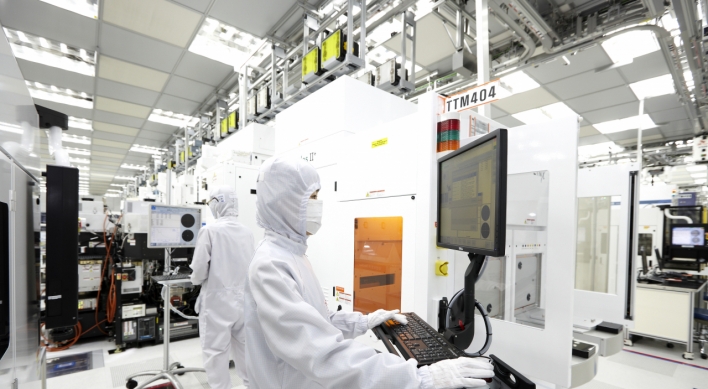
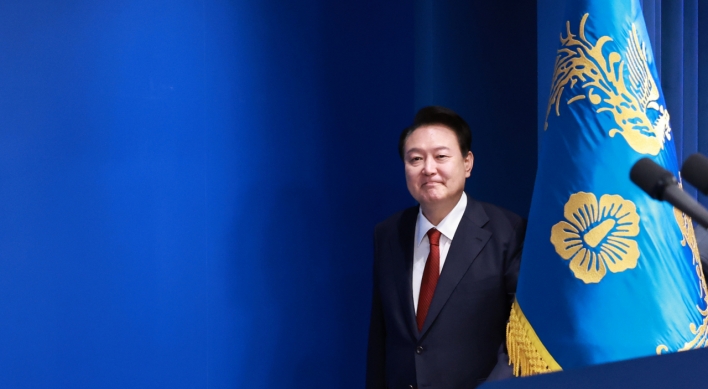


![[Today’s K-pop] Stray Kids to drop new album in July: report](http://res.heraldm.com/phpwas/restmb_idxmake.php?idx=642&simg=/content/image/2024/05/09/20240509050659_0.jpg&u=)